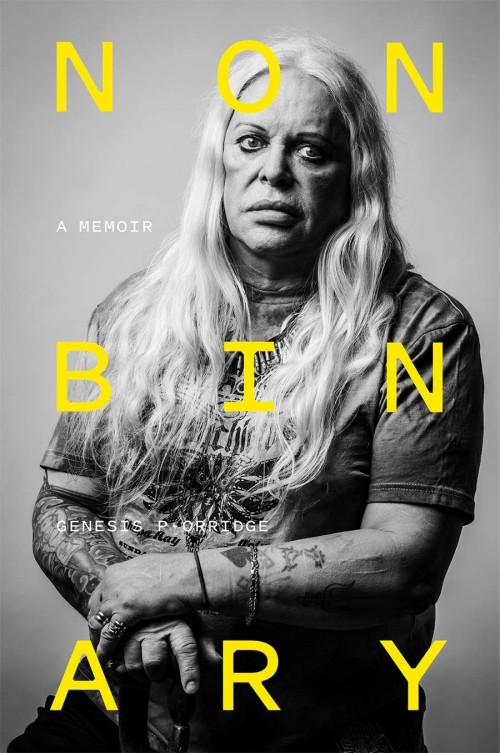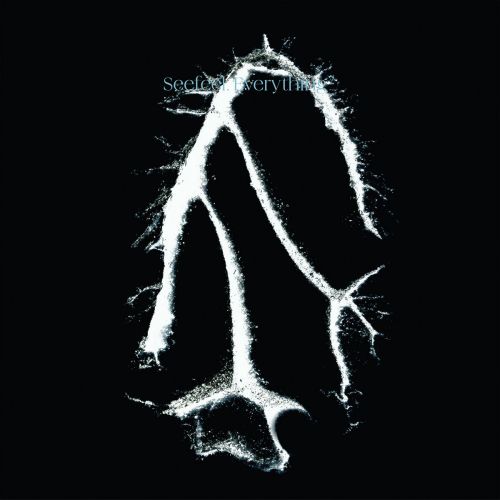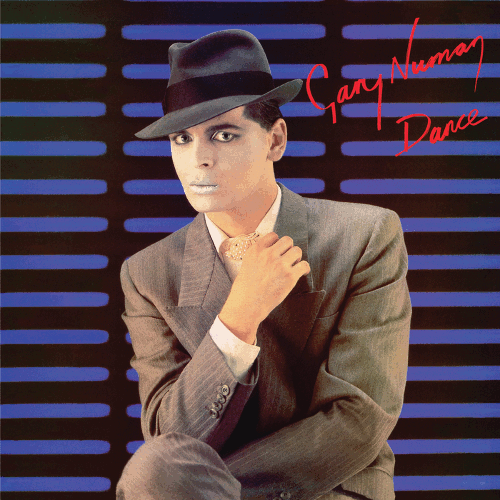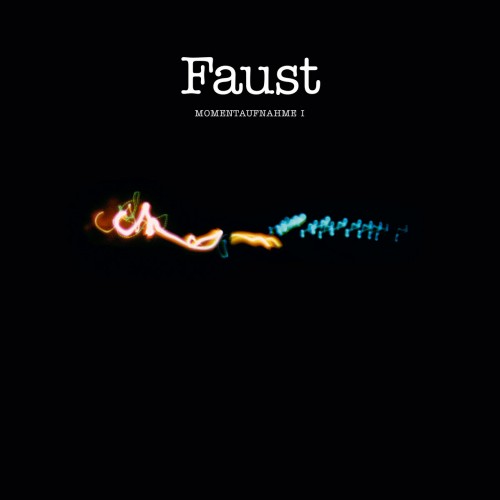 Now I’ve been a Throbbing Gristle fanboy for most of my adult life, became an avid follower of the many splinters that branched from its demise, a host of alienated sounds I felt a positive connection with — Coil, Chris and Cosey and of course Psychic TV.
Now I’ve been a Throbbing Gristle fanboy for most of my adult life, became an avid follower of the many splinters that branched from its demise, a host of alienated sounds I felt a positive connection with — Coil, Chris and Cosey and of course Psychic TV.
Yeah, PTV’s pre-acidhaus days really struck a chord back then, although I was very sceptical about Thee Temple Ov Psychick Youth cultus that surrounded it. Both Force The Hand Of Chance and Dreams Less Sweet have stood the test of time and are still unchallenged in my lexicon of best albums ever.
The Themes EP opened up a love of Current 93 and in turn an unhealthy obsession with Nurse with Wound. Genesis P-Orridge was responsible for a lot, a real door-opener music-wise, and I often wonder if there’d ever be an industrial section in record shops without him.Now, a year after his fatal struggle with leukaemia, his autobiography is finally here. First impressions of Nonbinary are good, as he looks back at you from the warm chromium of the cover, like an avant Sitting Bull, those cosmetically chiselled checks framed by a white waterfall of hair, his muscular stare burning back at you, way more disconcerting than the bald’n’scary ’80s priest of yore.
Good cover; but how are the contents, you ask? Well thankfully it’s an easy read, devoid of those manifesto labyrinths that plagued the brilliance (his spoken word Hollow Cost never failed to quickly send me to the land of nod.) Anyways, it is quite a slim volume considering all the shizz that I’m expecting to be sealed within, hoping for plenty of revelation, maybe a few cheeky tickles. His early years spin by, are given plenty of breathing space. A rubbish time, full of illness, bullying and malevolent nightmares; then Jack Kerouac and The Velvet Underground signpost him away from the mundane expectation of the times. Near death experiences too, moving him to live his live to the full.
It’s certainly a life lived for sure; but I’ve got to say, the writing style is a bit flat in places, and leaves you wanting more details on those bones. The prose often drowning in a matter-of-factness when it should sparkle. Maybe I’m comparing this too much with the daristic warmth of Cosey’s memoir (which I devoured in less than a week), but the rich host of characters that oil the cogs and share the journey often feel like dotted outlines or convenient props, especially in the later chapters.
The strange love / hate relationship he seemed to have with TG flows though Nonbinary, and is unavoidable as he raises out of squatting squalor. Revelling in re-wiring a confused / confounded audience, then despising how it became such a commodity. Can’t believe how ad hoc that infamous Prostitution gig was, the unwanted attention he gathered around it adding to court appearances for “indecent” postcards, facts that would finally throw him into US exile.
In total contradiction to many interviews I’ve read, other members of TG are ranked as hangers-on to the meal ticket. Cosey especially is treated to a massive cold shoulder, which is hardly surprising; not a word of their turbulent relationship, even their break-up (depicted in grisly detail in her book) is reduced to a nonchalant OK from Gen on hearing she wanted to leave, added that he was seeing three other women anyway – what can I say.
The chance meeting with his future wife, a cute girl working at Tesco’s pointed out by Alex Fergusson was fun. With classic TG single sniggers they visit to buy “United” biscuits and meet a certain seventeen year old Paula. Friendship then love is quickly chronicled, getting married on TG’s American tour, then cutting to the nasty ending of the band on live radio, much to the shock of the others. These things are seldom mess-free, I guess, but I can’t shake the unpleasantness on reading Gen saying: “You should have seen their faces. It was a wonderful moment”.
Picking up from TG’s demise, a poem to Paula begins a new musical venture; I was hoping for a bit more on the PTV subject, but things start to get spidery and slightly threadbare for the remainder of the book. There are some nice Force The Hand Of Chance details, but the superior follow-up album hardly gets a mention as the narrator detours into the TOPY hive mind and the occult before being side-tracked into haunted paintings, finally selling them for a plastic bag full of cash to Chris Stein.
Worse still, more recent events that would probably be more vivid, like TG’s reunion success or the potential red flag of X-TG are completely ignored, like they never happened; which leaves you oddly irritated, annoyed even. Which is a shame as I was really eager to consume this, being a long-term fan, but to be honest Nonbinary made me as emotionally aloft as its narrator.
So many unanswered questions, awkward silences. A life still to be made sense of, I suppose, and I guess that’s the way he always liked to leave you.-Michael Rodham-Heaps-



